Thirty years ago, the programming world was introduced to Java, a language that promised “Write Once, Run Anywhere.” It was a breath of fresh air, offering developers something more approachable than its predecessors, C and C++. This innovative approach didn’t just change how we built software; it also paved the way for open source to truly flourish within the enterprise – and arguably, the enterprise never looked back.
Originally named “Oak” and created by James Gosling at Sun Microsystems in the early 90s, Java was first envisioned for digital devices. However, its focus quickly shifted to another burgeoning platform: the World Wide Web. Java code is typically compiled into bytecode, which can theoretically run on any Java Virtual Machine (JVM). While the “Write Once, Run Anywhere” (WORA) dream wasn’t always perfect in practice – some even quipped it was “Write Once, Test Everywhere” due to minor JVM variations – its impact was undeniable.
The Open Source Heart of Java
Java’s popularity soared, rapidly becoming the backbone of countless enterprise systems. And a huge part of its success lies in its open-source nature. Even after Oracle acquired Sun in 2010, and despite some initial concerns about licensing changes, the Java ecosystem continued to thrive thanks to a vibrant community and numerous open-source alternatives to Oracle’s Java Development Kit (JDK). This commitment to open source has ensured Java’s continued accessibility and evolution, preventing any single entity from monopolising its development. Here in Malta, this open-source spirit is particularly important, allowing local developers and businesses to leverage powerful, free tools without prohibitive costs.
From Enterprise to Your Pocket (and Games!)
While Java might be best known for its role in large-scale enterprise applications, its influence extends far beyond the corporate world. Thanks to its platform independence and the power of the JVM, Java is virtually everywhere! It’s in your Android phone, powering countless apps, and it’s behind many of the web applications you use daily.
And speaking of ubiquity, let’s not forget its presence in the gaming world! Java is famously the language behind games like Minecraft, a global phenomenon that has captivated millions. For our Maltese gaming enthusiasts, this means the very code running one of your favourite games has strong ties to the open-source principles that Java helped champion. Perhaps you’ve even delved into the Maltese Minecraft community at Maltacraft.net – a testament to Java’s reach and the creativity it enables right here on our island!
Java’s Enduring Legacy
Even with the rise of newer languages, Java remains a top-tier contender in developer surveys, consistently ranking alongside or ahead of languages like C# and C++. Brian Fox, co-founder and CTO of Sonatype, perfectly summarises its resilience: “Java has outlasted trends, rival languages, and shifting paradigms. From applets and servlets to microservices and cloud-native architectures, Java has evolved while remaining familiar. It paved the way for open source to enter the enterprise. And, arguably, the enterprise never looked back.”
Indeed, the sheer volume of existing Java code underpinning modern enterprises ensures a continued demand for Java skills. While its longevity might draw comparisons to older languages like COBOL, Java, at 30, is still a dynamic and foundational language. It’s a story of earned trust through decades of reliability, stewardship, and shared open standards.
As Java enters its fourth decade, it’s clear that this language, born from a simple idea, has not only transformed the development landscape but continues to be a cornerstone of innovation. Its vibrant ecosystem and massive community ensure that Java remains more than relevant – it’s essential.
Do you remember your first encounter with Java, or have you built something interesting with it here in Malta? Share your thoughts with us at ossmalta.eu!

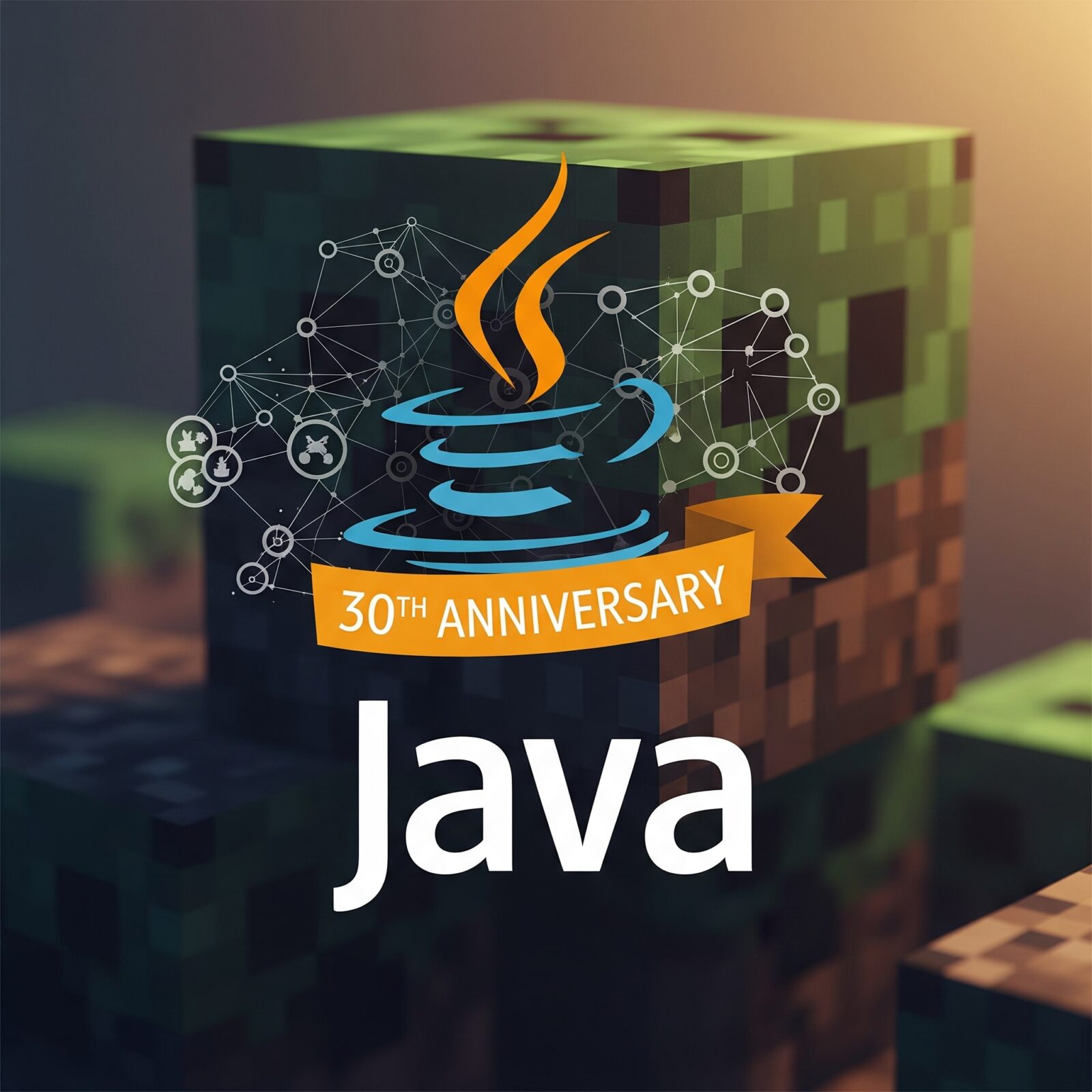
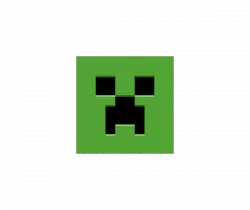
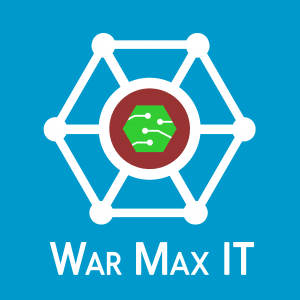


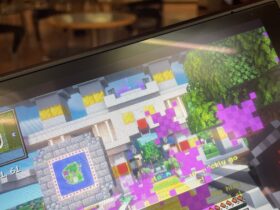
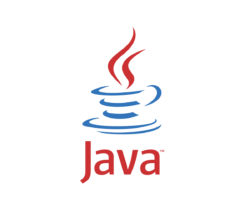
Leave a Reply